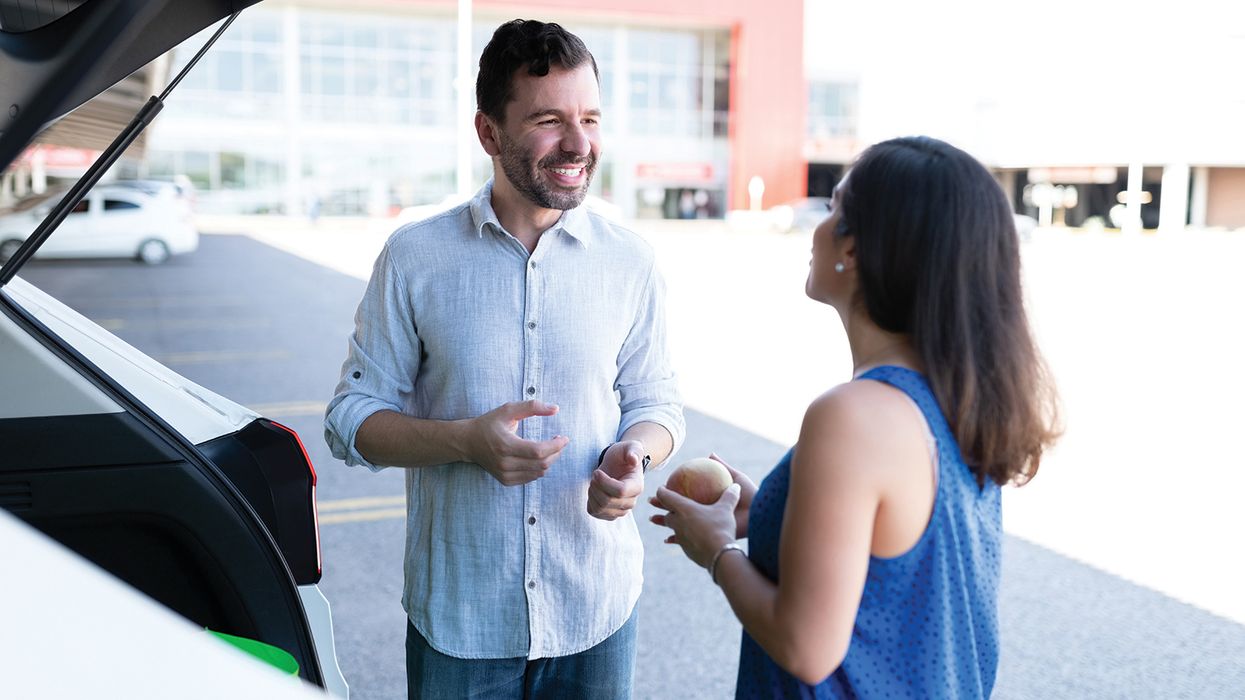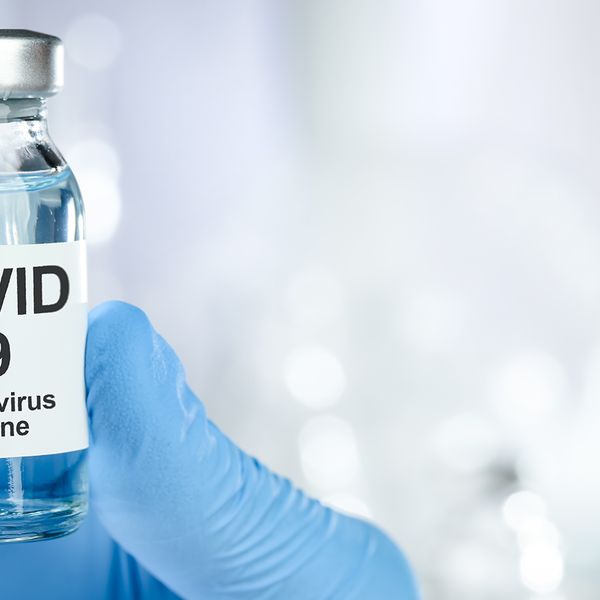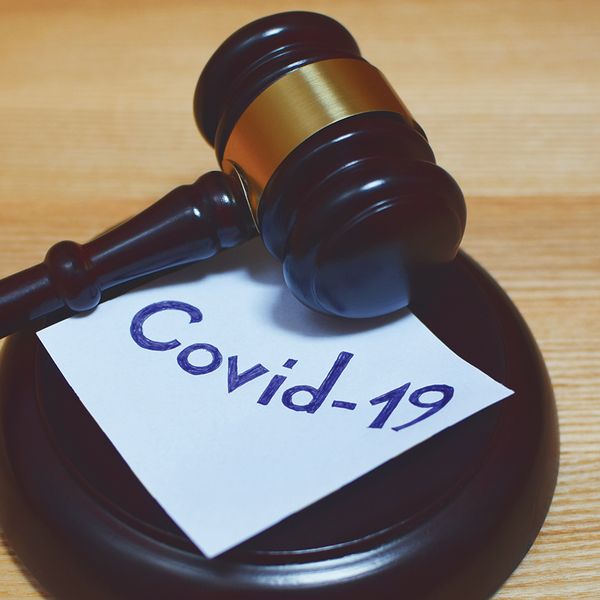Court: COVID-19 isn't always a disability
It was March 2020, and the pandemic was raging. Both Jasmine and her brother, Charles, worked for the same company. After her workday, Jasmine met Charles in the parking lot as he was getting ready to start his shift. A few hours later, while at work, Charles felt ill. He was sent to the emergency room and then home.
Four days later, his COVID-19 test came back positive. Before Jasmine went to work that day, Dawn, the company HR director, asked her if she had gone to Charles’ workstation or had been around him outside of work on the day he got sick. Forgetting about their parking lot conversation, Jasmine said she had not. Jasmine continued to work.
Marcel, Jasmine’s supervisor, told her that three of her coworkers said that they saw her talking to Charles in the parking lot the day he got sick. Jasmine then remembered the parking lot encounter and apologized for forgetting about it earlier. Jasmine was sent home to quarantine for 14 days.
The following day, Dawn called Jasmine and accused her of dishonesty for not disclosing the parking-lot conversation with her brother. She was subsequently terminated.
Jasmine sued, arguing that the employer discriminated against her because her brother had a disability — COVID-19.
The following chart shows how she tried to support this and how the court responded:
| Jasmine's Arguments | Court's Response |
| The virus can substantially limit several major life activities such as breathing, mobility, smelling, and tasting in some people. It was not necessary to describe each of the effects the virus had on Charles. | Jasmine’s argument was flawed to hold that “...anyone alleged to have COVID-19 is disabled....” Whether someone is disabled depends on whether they are truly substantially limited in one or more major life activities, not whether a condition could render them so limited. Jasmine would have needed to explain how the condition substantially limited a major life activity. Instead, she failed to point out that Charles had any symptoms of the virus. He was simply diagnosed with it. |
| Charles was unable to work or to communicate in person due to being quarantined because of the virus. | Simply missing work does not mean someone is unable to work. If that were the case, the court said, “employers across the nation will be shocked to learn that if any of their employees are sick for just a few days, then those employees are ‘disabled’ and now protected by the ADA.” Charles wasn’t kept from working because he was physically unable to; he was not allowed to work due to a mandatory quarantine. While the ADA does include the ability to communicate as a major life activity, this does not stretch to include in-person communication. Charles could communicate. The quarantine simply prohibited in-person communication. |
| She was discriminated against because of her association with her brother and the employer regarded him as disabled. | The association provision doesn’t extend to those who associate with people who are merely regarded as disabled. The employer did not regard Charles as disabled just because it followed quarantine guidelines. |
Champion v. Mannington Mills, Inc., M.D. Georgia, No. 5:21-cv-00012, May 10, 2021.





















































